Alysa Karels
The INVENT Policy Brief 2 is available now! Read our recommendations for policy creation related to culture & wellbeing
We are pleased to announce that the second INVENT Policy Brief has become available for download on our website. Following Policy Brief 1 (2021) which briefly touched on topics of satisfaction with cultural offerings and Covid-19 in relation to wellbeing, Policy Brief 2 adopts a narrower focus and is titled Culture’s contribution to health and wellbeing. Now drawing on a
New research Alert – Cosmopolitanism in contemporary European societies: mapping and comparing different types of openness across Europe
INVENT members Tally Katz-Gerro, Neta Yodovich (UK team), Susanne Janssen, Marc Verboord (Netherlands team), and Joan Llonch-Andreu (Spanish team) have published a new article in the journal of Contemporary European Studies. The article is open access and builds on the survey research conducted by INVENT. The abstract reads as follows: Cosmopolitanism, which is often defined as openness to other cultures
Let’s look back at the final 2023 INVENT Conference in Barcelona
On April 27-28, 2023, the INVENT consortium hosted its final conference: Societal Drivers and Impacts of Cultural Participation: Key Findings Towards More Inclusive Cultural Policies. The INVENT consortium gathered in the sunny and dynamic city of Barcelona, at the Institut d’Estudis Catalan to present the key research outputs the project has produced over the past 3 years. Since the first INVENT
Mapping the multiplicity of cultural understanding: INVENT brings out a new report exploring the meanings Europeans ascribe to culture
INVENT has brought out a new report that comprises a combination of data and analyses capturing an answer to the question: What does culture mean to Europeans?To map out the multiplicity of understandings of culture within and across Europe, the report opens with a brief discussion of the diverse conceptions of culture, the current “cultural abundance” and how the manifold
Mark your calendars! These are the events where INVENT is presenting their findings this fall.
The INVENT Project will be presenting part of its findings across an array of conferences this coming Fall. Below, we will detail the upcoming presentations and events that feature INVENT’s findings, but if you already want a glimpse of what else the project has been up to, don’t forget to check out our second yearly newsletter. You can read and
The Dutch INVENT team presents their findings on online cultural petitions at conference “The Value of Culture after Corona”
On June 30, 2022, the Dutch INVENT team attended the Boekman Foundation conference entitled “The Value of Culture after Corona” and presented their findings from a big-data-analysis of online cultural petitions among Dutch citizens and organizations. The findings presented are part of the second wave of data scraping carried out by the INVENT consortium that explores which cultural petitions dominate
Forthcoming Cultural Bonus for Spanish Youth: it’s objectives and limitations
Coming June, young Spaniards who turn 18 this year will benefit from a cultural bonus with a value of €400. Back in March, the Council of Ministers approved the Royal Decree 210/2022 that established the conditions under which this Young Cultural Bonus can take effect, an undertaking for which the General State Budget has reserved a budget of 210 million
Initiative ‘Kapsalon theater’ offers theater performances while getting your haircut, to raise awareness for the struggling Dutch cultural sector.
After a month of ‘heavy lockdown’, last week Friday the Dutch government announced that it was once again possible for certain sectors to open up with Covid safety precautions set in place. Many people were pleased as this would mean that services like hairdressers and nail salons would open their doors again; however, theaters and other cultural venues remain closed
How do Europeans feel about culture two years into a pandemic?
In February 2020, the INVENT project commenced having planned out the multiple interdisciplinary research queries set to be conducted over the course of the project. Not long after, the Covid-19 pandemic introduced itself as an unforeseen factor and formidable force that has gone on to interlace itself throughout nearly every stage of the project thus far. What Covid has brought
Meet-up Dutch INVENT team with Cultural Policy Officers of the City of Rotterdam
Last month the Dutch INVENT team sat down with Olga Smit and Anne-Rienke Hendrikse of the Municipality of Rotterdam. The two senior cultural policy officers paid a visit to Erasmus University Rotterdam to have an open conversation on the developments and current affairs in the local cultural sector. To reach the central objective of the INVENT project — the creation

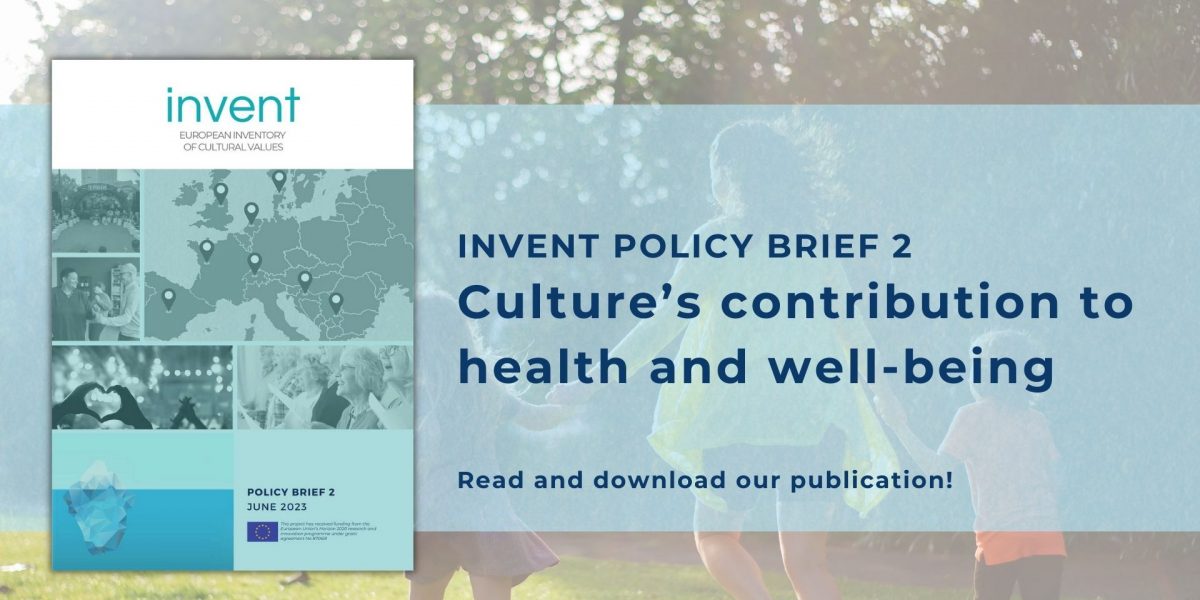
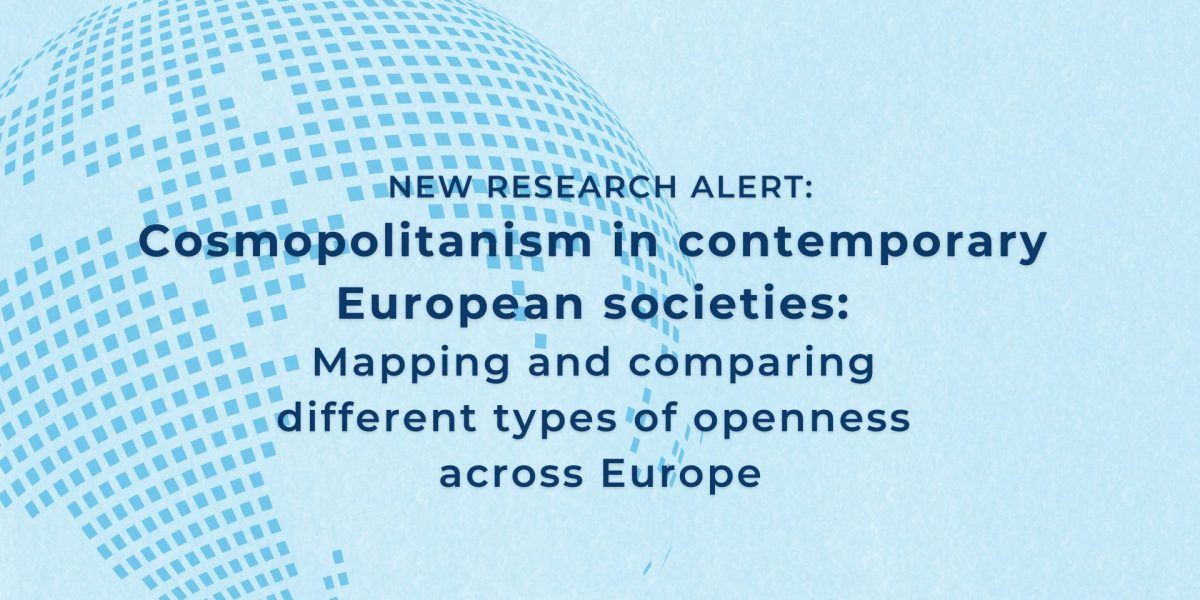
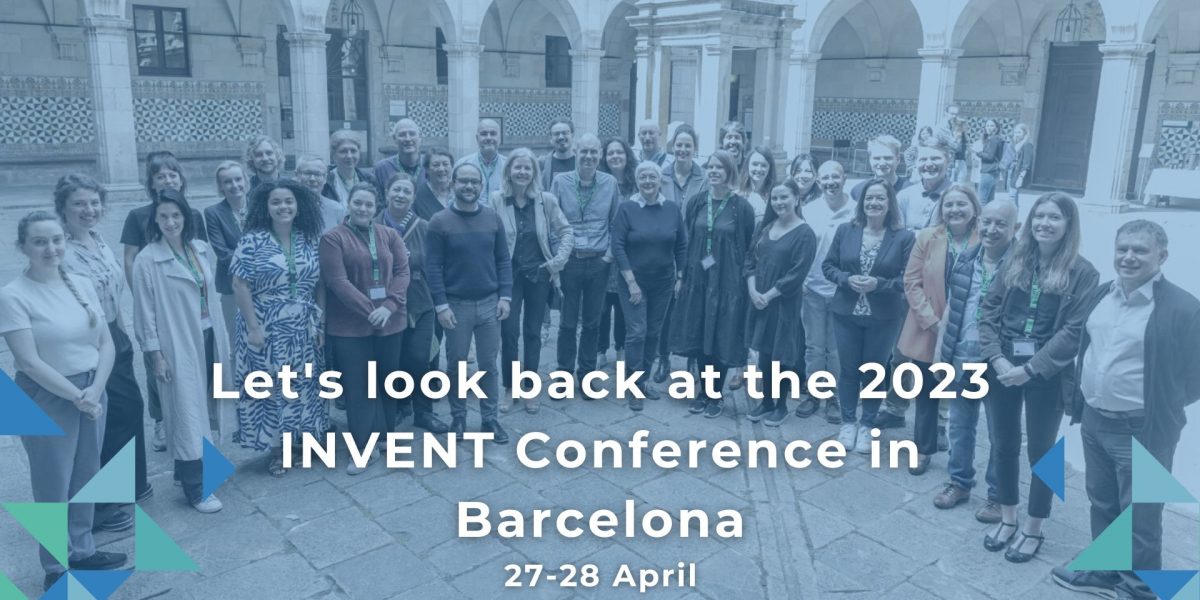
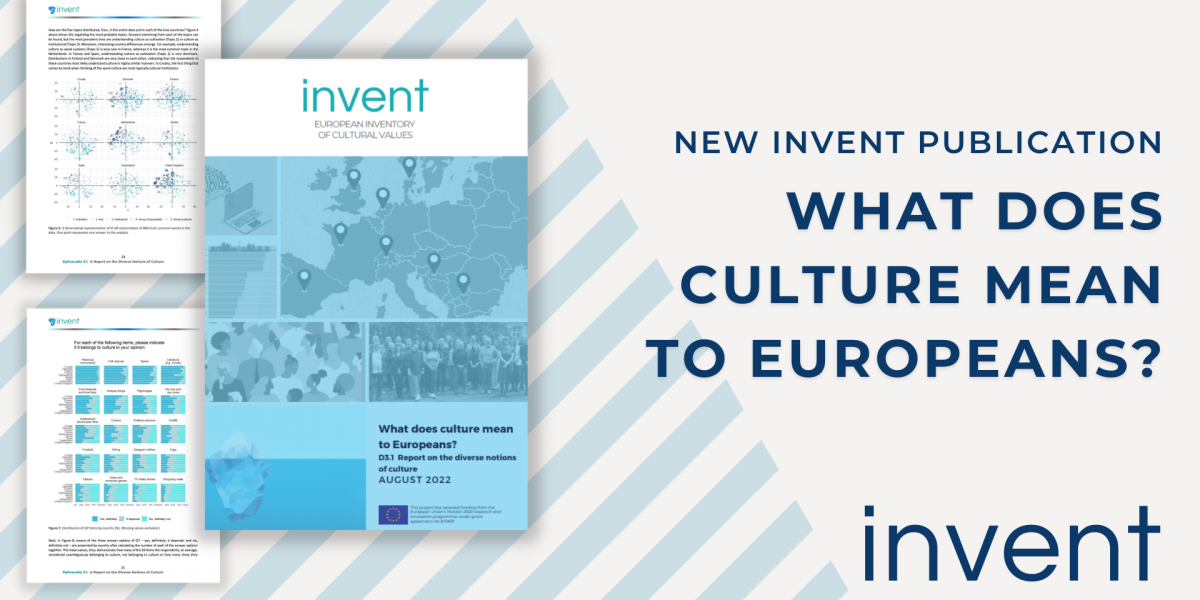
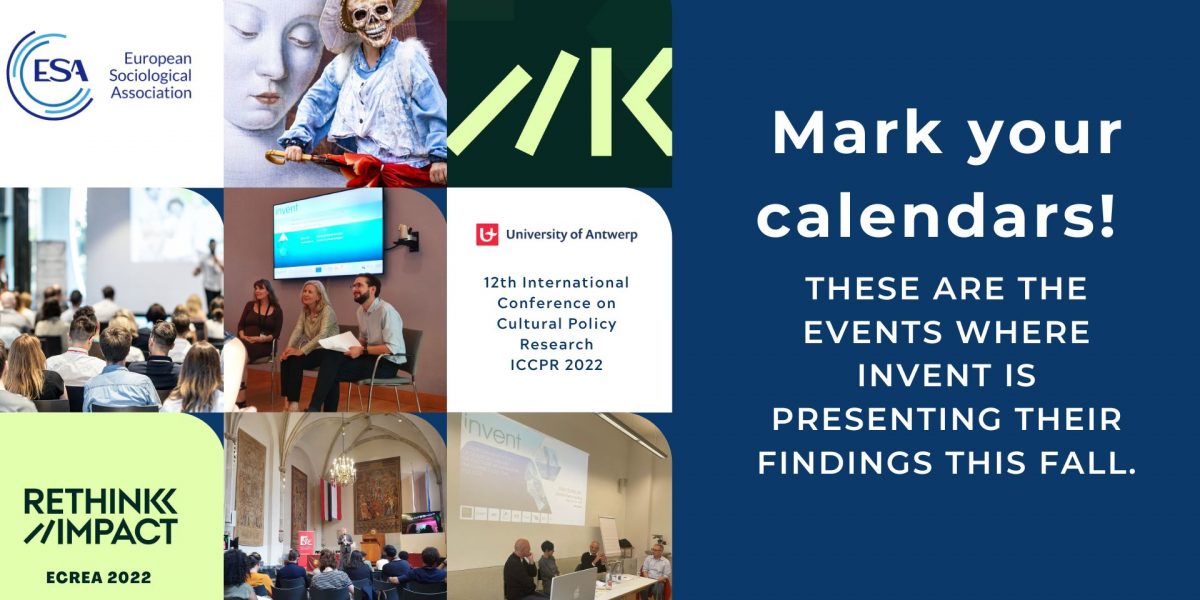
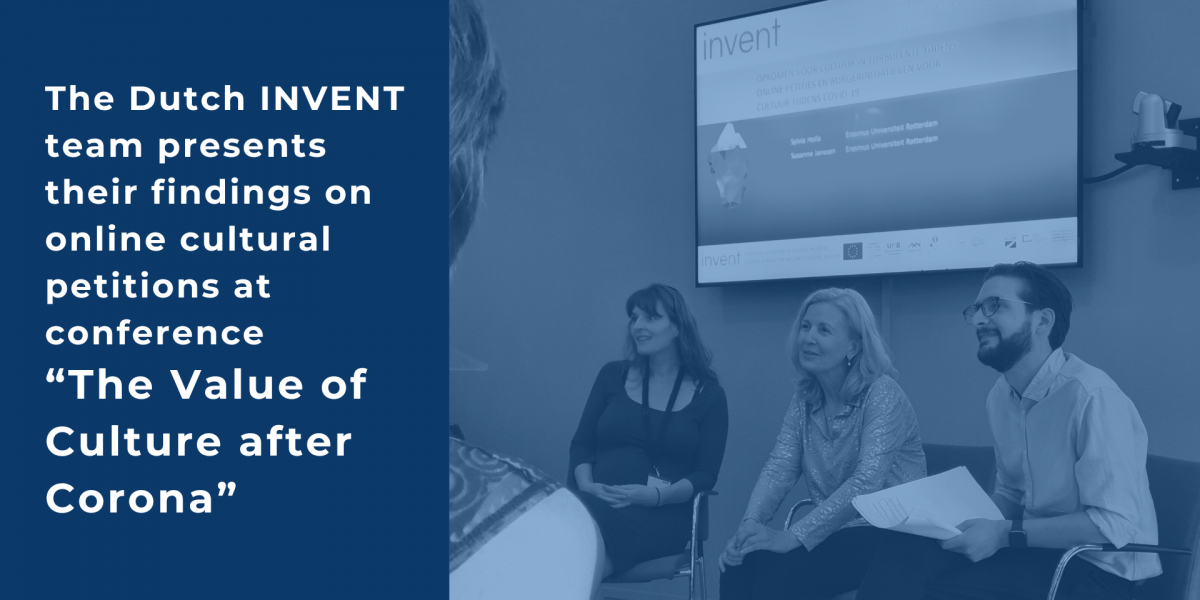
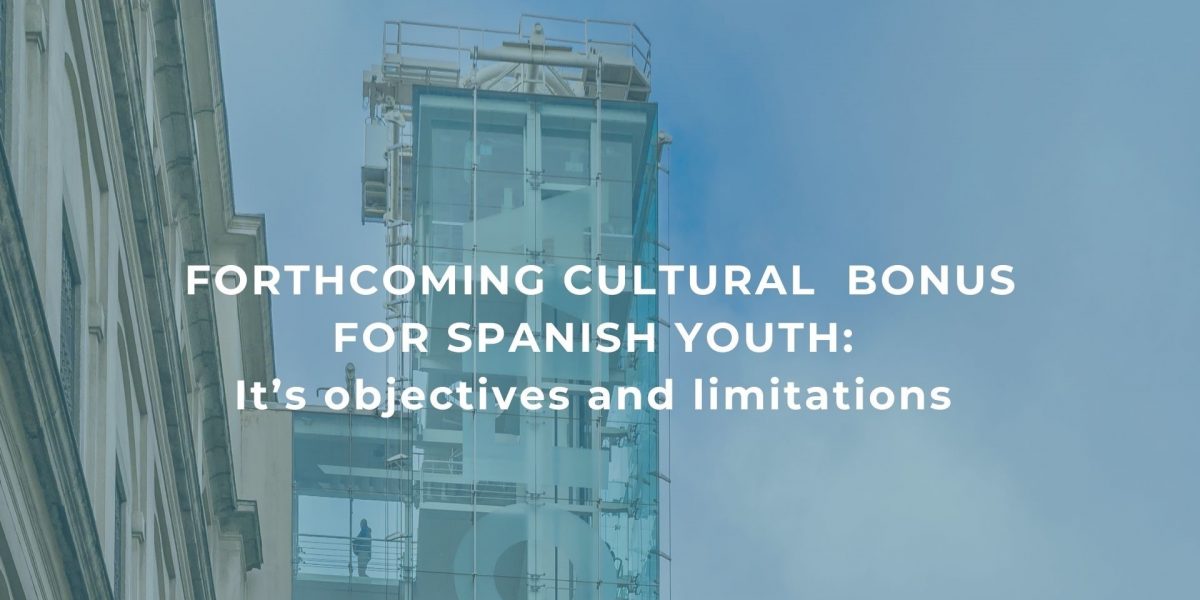
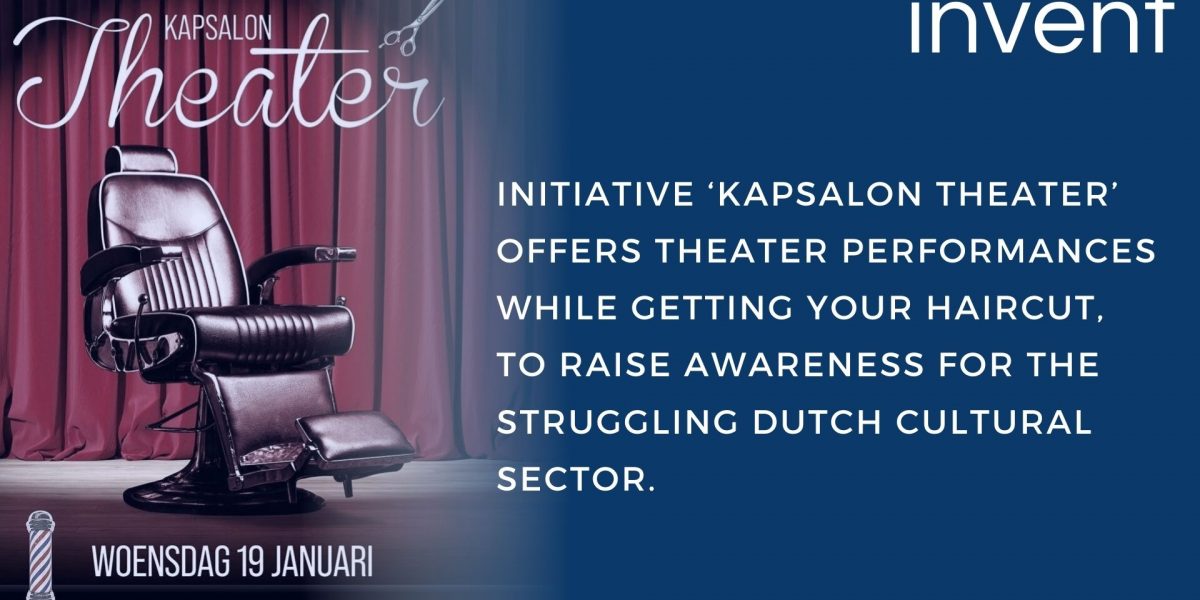
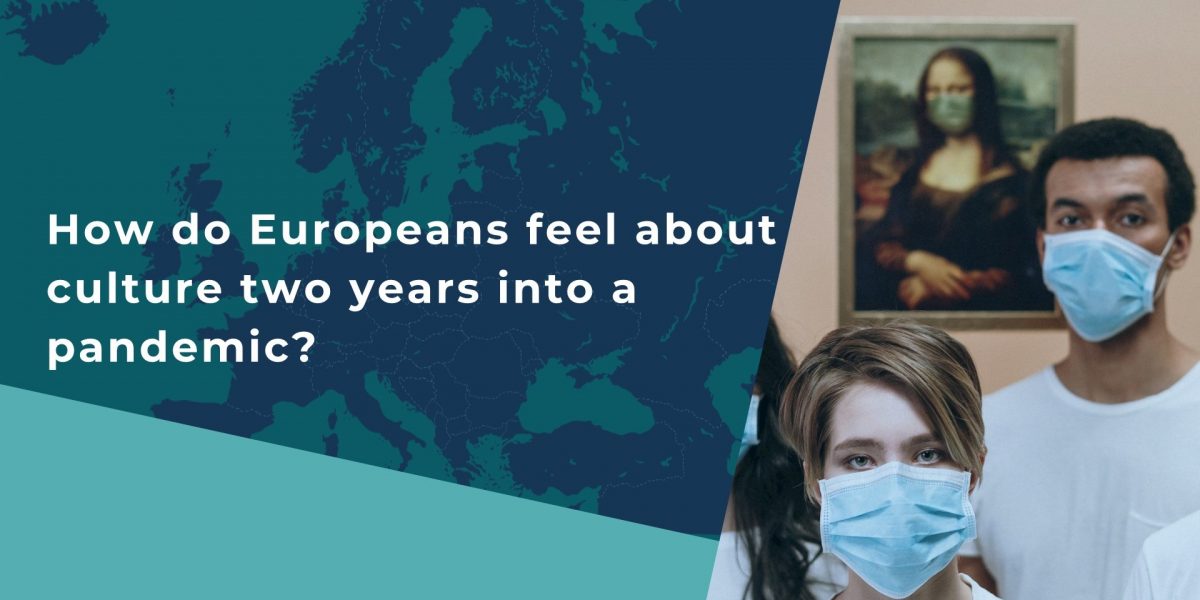
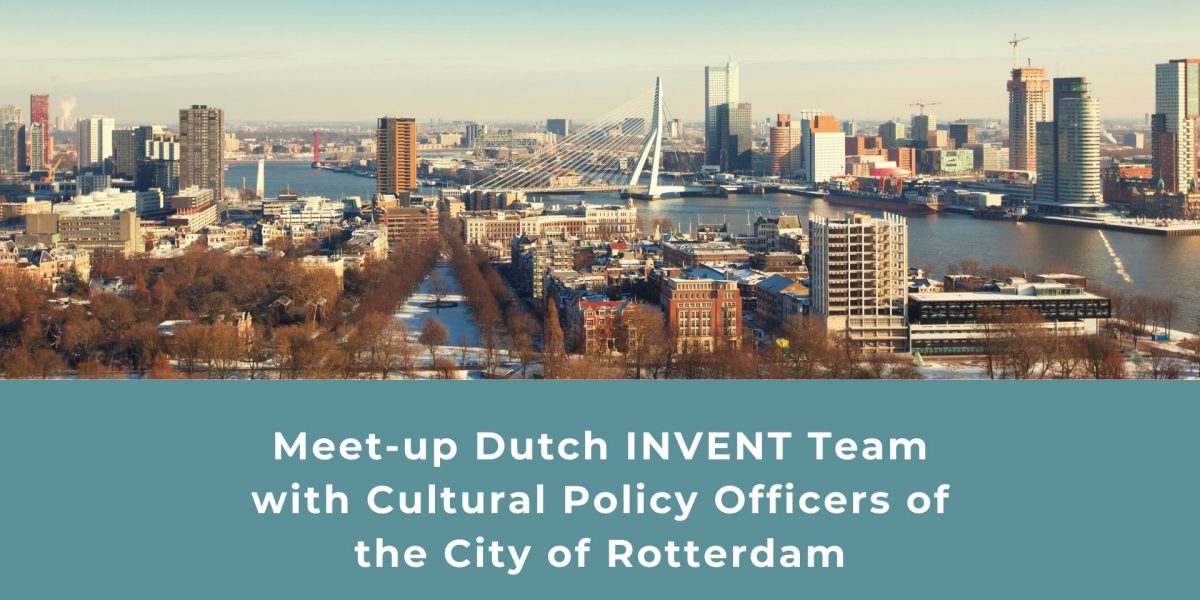

 This project has received funding from the European Union’s Horizon 2020 research and innovation programme under grant agreement No
This project has received funding from the European Union’s Horizon 2020 research and innovation programme under grant agreement No